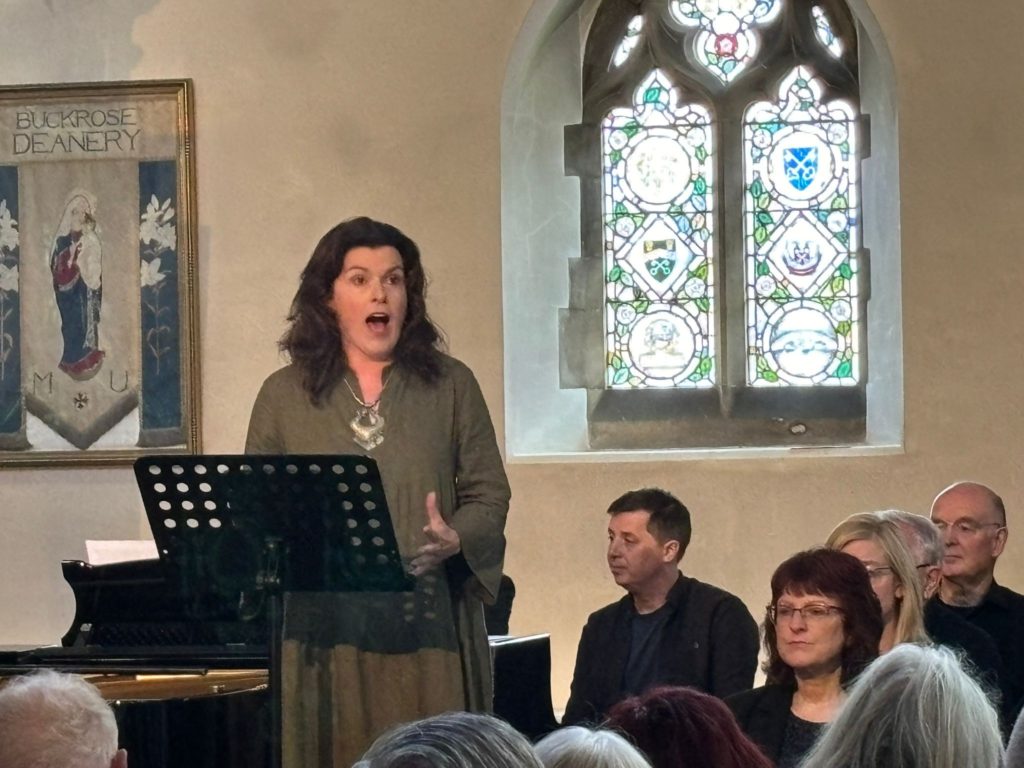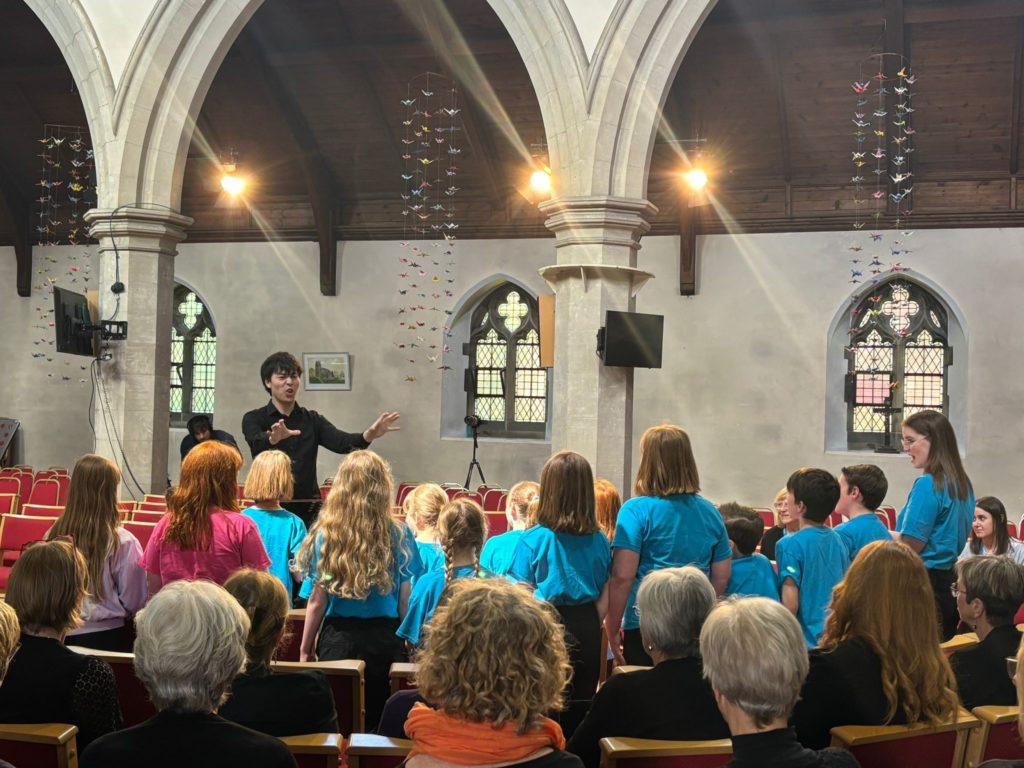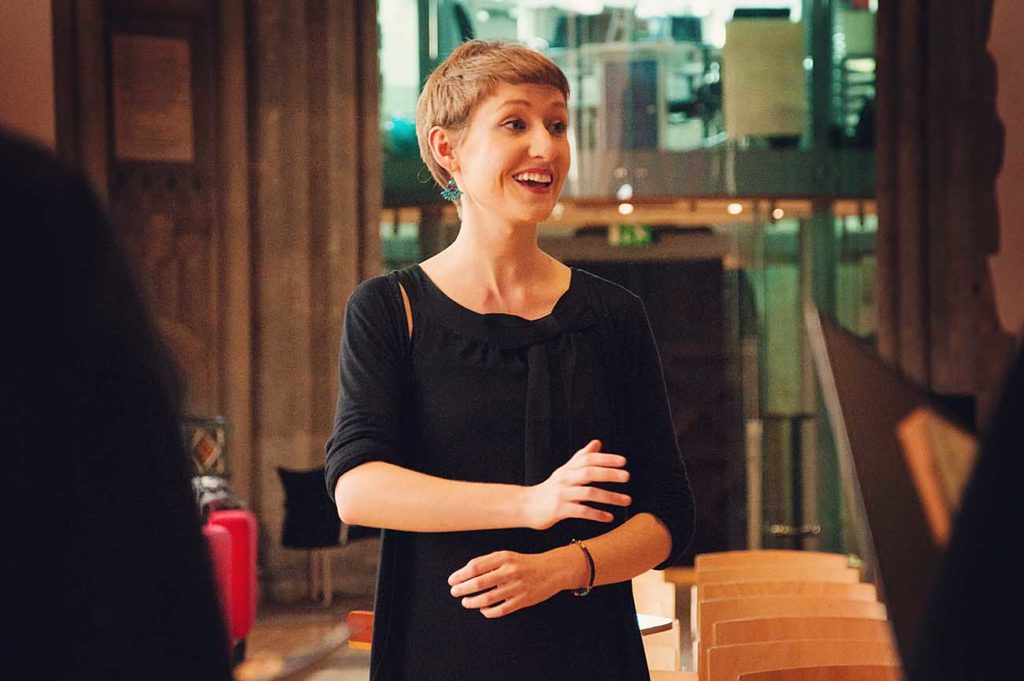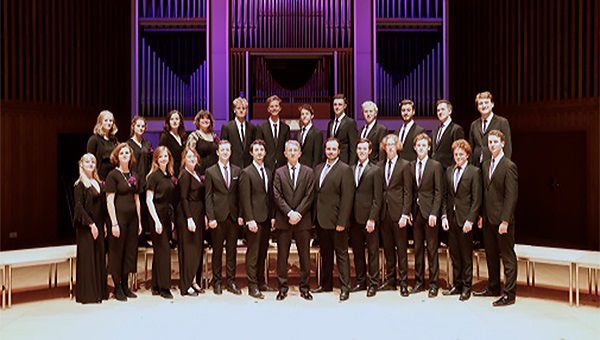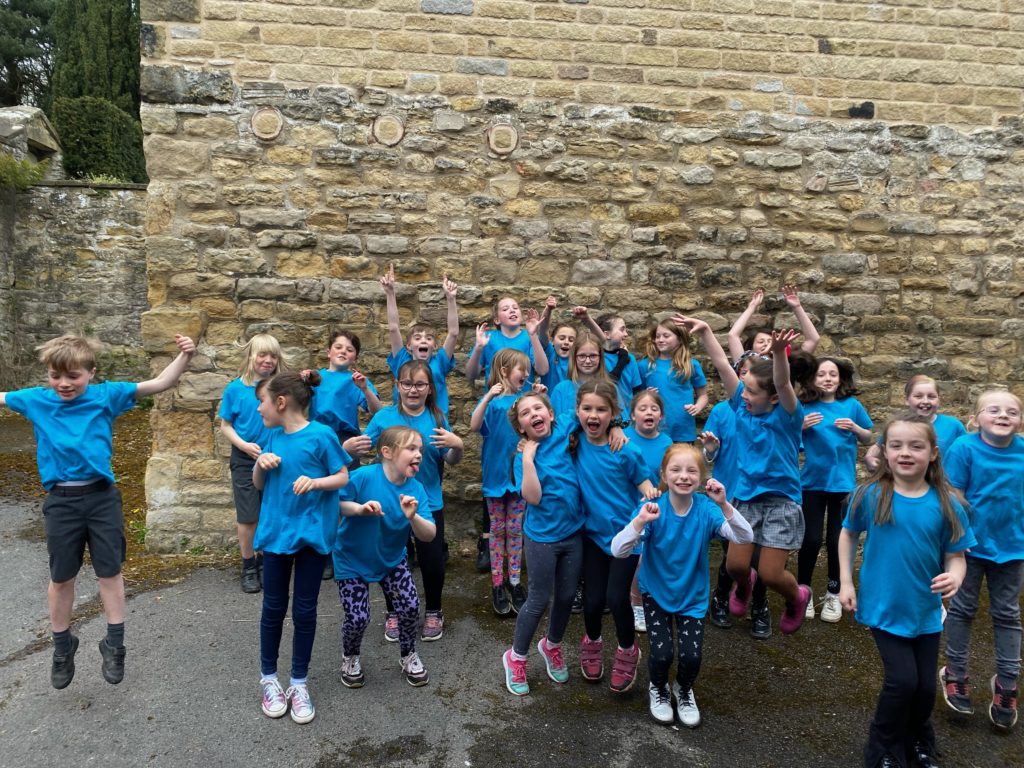
DO you believe in magic? Mezzo-soprano Victoria Simmonds, storyteller Rosie Barrett and an all-age Ryedale cast bring cheeky hobs, angry mermaids, resourceful giants and wise witches to life in Ryedale Festival’s community song cycle Across The Whinny Moor on Saturday afternoon at St Peter’s Church, Norton.
Inspired by the Lyke Wake Walk, this evocative and mysterious tapestry of magical thinking, Yorkshire superstitions and the power of imagination is packed full of local folk legends.
The song cycle gently follows the route of the 42-mile walk across the highest and widest part of the North York Moors National Park, dwelling in spots of interest to explore stories such as The Ballad of Wade and Bell, where, at Wade’s Causeway, the songs tell of mermaids as the first glimpses of the sea come into sight.
Saturday’s 4pm world premiere will feature a cast of more than 100 schoolchildren and amateur singers, who have co-created Across The Whinny Moor with composer John Barber and writer Hazel Gould.
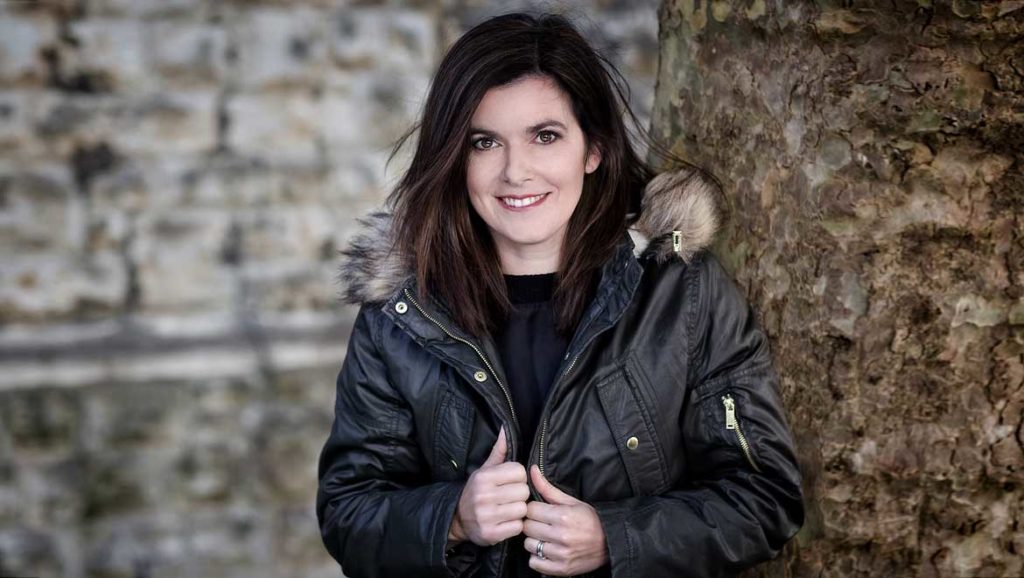
Developed through sessions in Ryedale schools, a one-off event for young people and online workshops with choir members, together they have explored local folklore and ideas, creating new segments of text and music that Barber and Gould have worked into the new song cycle.
Conducted by Caius Lee, the Ryedale Primary Choir schoolchildren and the Ryedale Voices, Harmonia and The RyeLarks choirs will be joined by Kirkbymoorside Town Junior Brass Band, Simmonds and Barrett.
Alison Davis, who runs the three adult choirs, says: “We are thrilled to be part of this community song cycle and have enjoyed working with John and Hazel since January. It was great to see them at choir rehearsals and they’ve taken away a good idea of our level and style and have written some incredible original material for us, quite different from our usual music.”
In amongst the new music, Simmonds will sing works by Schubert (The Erl King), Handel and Rebecca Clarke. Shining Brass will play Mendelssohn’s Baba Yaga and traditional folk tunes, such as The Lyke Wake Dirge and The Lark In The Morning, arranged by Barber.
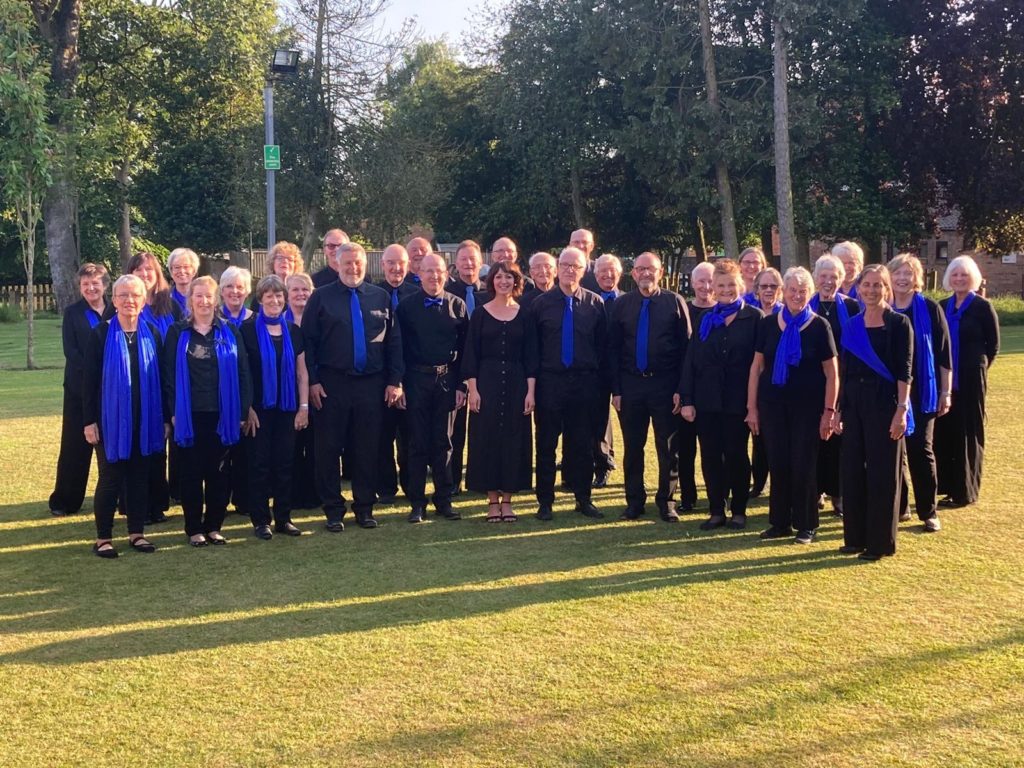
Rosie Barrett creates original stories that bring heritage to life, often commissioned by museums, including Ryedale Folk Museum, Hutton-le-Hole, where she has worked on its latest exhibition, Believe It Or Not?
Running until November 17 (closed on Fridays), the exhibition showcases more than 200 objects connected with magical thinking and folk beliefs, many of them being explored in Across The Whinny Moor.
Rosie says: “I’ve always had a particular fondness for folklore, which I believe connects us deeply with our ancestors. When we hear the stories that the people of the past heard, we are sharing in the emotions and experiences that they shared, and, by reinventing folk tales, we ensure that they stay relevant for each generation. “
Writer Hazel Gould says: “I love to go walking and often use walking time as a way to clear my head. If I can resist the temptation to listen to a podcast or music, the time I spend walking can often be incredibly helpful if I have an idea that I’m struggling with or need to develop.
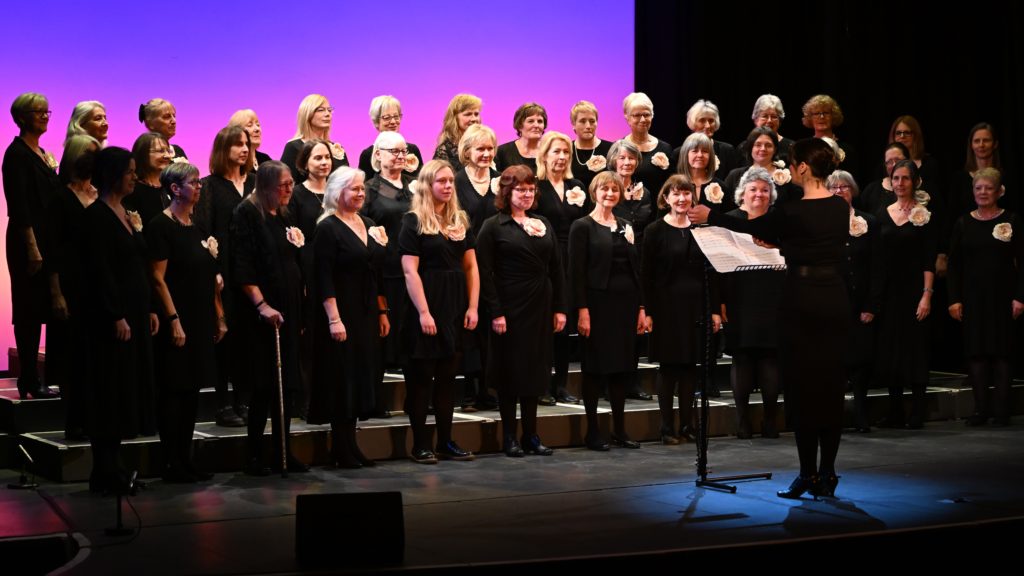
“There’s something about the rhythm of walking that allows my thoughts a bit of free range, away from the distractions of a busy life, and it becomes a place where the imagination can blossom.
“Walking and stories seem to be perfect partners, so we were delighted to discover more about the Lyke Wake Walk and wanted to use this map across the moors as a way to bring together some of the stories from the rich folklore of the region.”
Hazel continues: “It has been a huge pleasure to learn more. I have loved working alongside our primary school groups and adult choirs to talk about these tales and create songs together, from angry hobs to misunderstood women, sometimes called witches. We hope you like it too.”
Festival artistic director Christopher Glynn says: “Enabling and celebrating local music making is very important to the festival. Presented in association with the Richard Shephard Music Foundation and Ryedale Folk Museum, Across The Whinny Moor brings together the Ryedale Primary Choir, storyteller Rosie Barrett, local choirs run by Alison Davis, the Kirkbymoorside Town Junior Brass Band, star mezzo-soprano Victoria Simmonds and conductor Caius Lee.
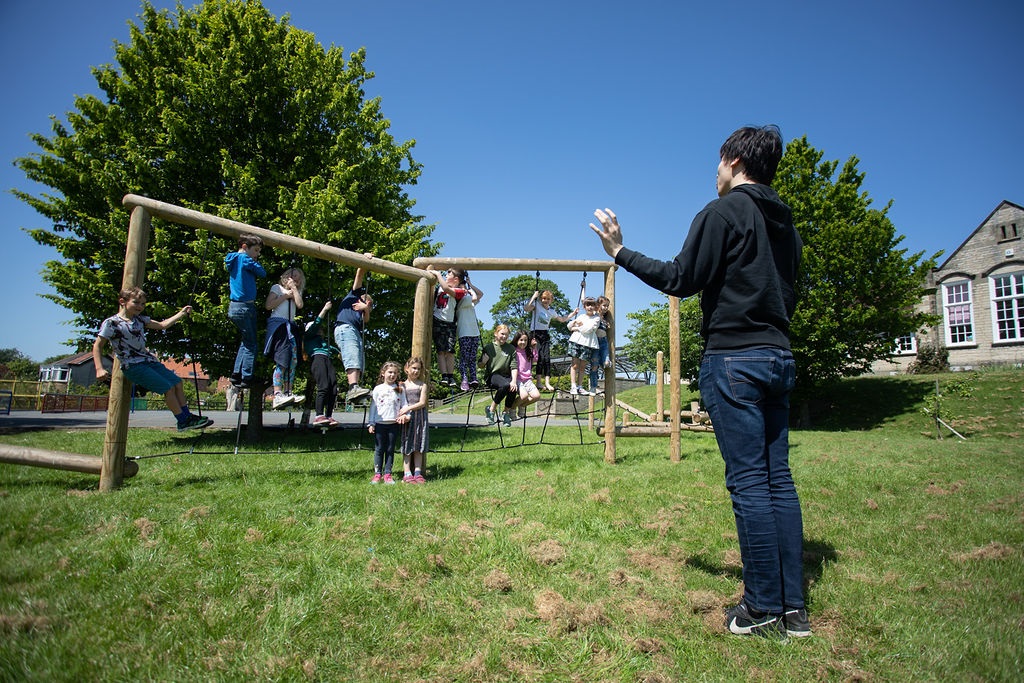
“John and Hazel have harnessed the rich and wild ideas of all these performers, and we are very excited to hear the result on June 8. Join us!’’
Music foundation chief executive officer Cathy Grant says: “The young people involved in the community song cycle have been brought together by the Richard Shephard Music Foundation, the charity helping to increase musical opportunities for children in our region.
“They come from the Ryedale Primary Choir and local primary schools and are aged between seven and 13. Overall, around 120 children have taken part in songwriting workshops, in-school singing workshops or choir rehearsals, and a group of these will be in the final performance on Saturday, singing alongside the adult choir and other musicians.”
Ryedale Festival presents Community Song Cycle: Across The Whinny Moor, a walk through stories and songs by John Barber and Hazel Gould, world premiere, St Peter’s Church, Norton, June 8, 4pm. Box office: ryedalefestival.ticketsolve.com/ticketbooth/shows/1173652657.
